Gemini Fashion Pt. 2
Gemini Fashion Pt. 2

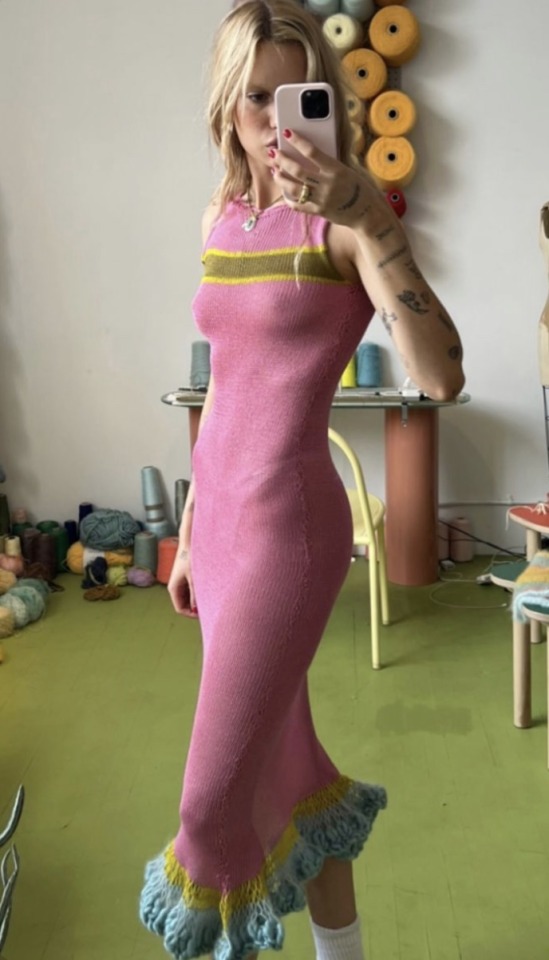
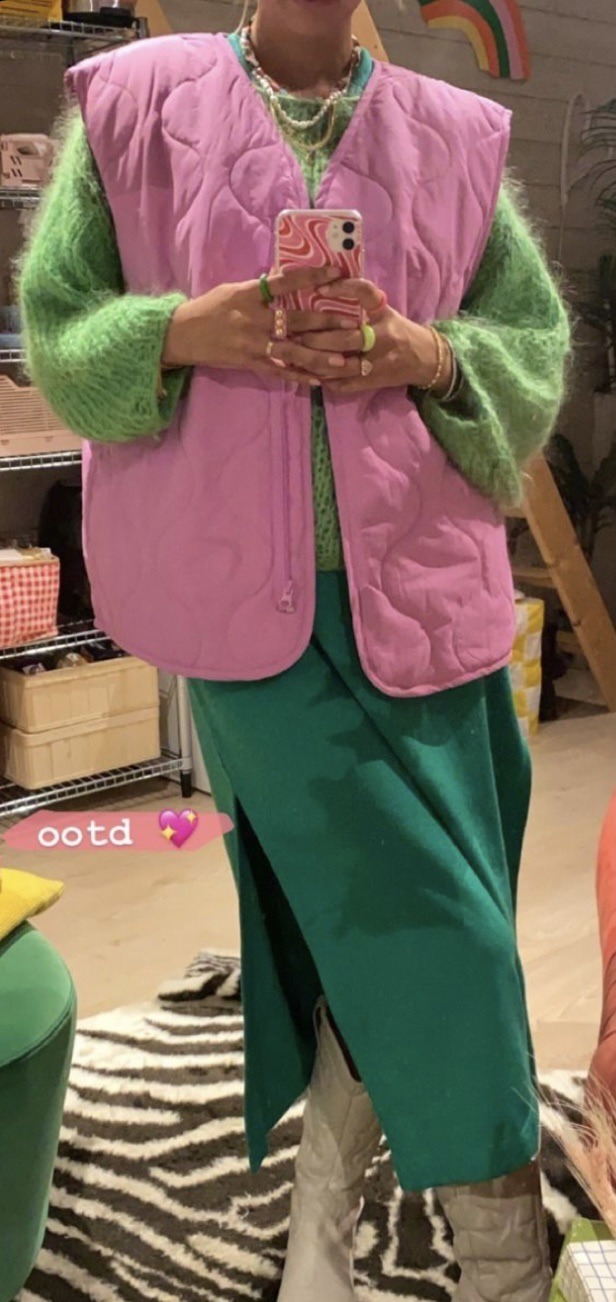

More Posts from Coilycai and Others
((((((: ᴅᴛ ᴍᴀʏᴀ
When my bestie dated a guy then I checked his astrology natal chart and saw "venus square moon" in it :

Run. Don't walk away.
Ariana Grande - Dangerous Woman (A Cappella)

Alexandre Dubois-Drahonet: detail of Female nude, back view (1831)
Would you help me with cosplaying Misa? Like, if you know some of her outfits from manga, anime and maybe live action movies, musicals and tv drama, could you share them? Thanks you ^^
Gladly! Sorry it took so long, I was quite busy with family issues and exam studying, but hopefully you didn’t need your cosplay plans ready in just a few days, haha. I’m really sorry, but I disregarded the parts of this ask that referred to any of the three live action adaptions because manga/anime is already a tremendous task and I am far less well-versed in any other versions of canon.
But with manga and anime, I gave it my best for you.
The concept art shots are all from Death Note Volume 14, the animation guidebook. I just cleaned up the scans a little, but I did not scan it.
Another thing of note is that the color manga’s coloring choices were likely not decided by Obata as they sometimes openly contradict his art - it is an official version of canon, but not the be-all-end-all in canon color choices. I tried to contrast the changes that were made to Misa’s outfits between the adaptions so you can decide on which you’d rather cosplay. (I am missing some detail reference shots though, so if you decide to cosplay a version I’d recommend reviewing the scenes for yourself to catch everything!) Now…
Here’s a list of Misa’s outfits in manga and anime with reference images as far as available!

Keep reading
Hoodoo, Rootwork and Conjure sources by Black Authors
Because you should only ever be learning your ancestral ways from kinfolk. Here's a compilation of some books, videos and podcast episodes I recommend reading and listening to, on customs, traditions, folk tales, songs, spirits and history. As always, use your own critical thinking and spiritual discernment when approaching these sources as with any others.

Hoodoo in America by Zora Neale Hurston (1931)
Mules and Men by Zora Neale Hurston (1936)
Tell my horse by Zora Neale Hurston (1938)
Let Nobody Turn Us Around: An African American Anthology by Manning Marable and Leith Mullings, editors (2003)
Black Magic: Religion and the African American Conjuring Tradition by Yvonne P. Chireau (2006)
African American Folk Healing by Stephanie Mitchem (2007)
Hoodoo Medicine: Gullah Herbal Remedies by Faith Mitchell (2011)
Mojo Workin': The Old African American Hoodoo System by Katrina Hazzard-Donald (2012)
Rootwork: Using the Folk Magick of Black America for Love, Money and Success by Tayannah Lee McQuillar (2012)
Talking to the Dead: Religion, Music, and Lived Memory among Gullah/Geechee Women by LeRhonda S. Manigault-Bryant (2014)
Working the Roots: Over 400 Years Of Traditional African American Healing by Michele Elizabeth Lee (2017)
Barracoon: The Story of the Last "Black Cargo" by Zora Neale Hurston (2018)
Jambalaya: The Natural Woman's Book of Personal Charms and Practical Rituals by Luisa Teish (2021)
African American Herbalism: A Practical Guide to Healing Plants and Folk Traditions by Lucretia VanDyke (2022)
These are just some suggestions but there's many many more!! This is by no means a complete list.
I recommend to avoid authors who downplay the importance of black history or straight out deny how blackness is central to hoodoo. The magic, power and ashé is in the culture and bloodline. You can't separate it from the people. I also recommend avoiding or at the very least taking with a huge grain of salt authors with ties to known appropriators and marketeers, and anyone who propagates revisionist history or rather denies historical facts and spreads harmful conspiracy theories. Sadly, that includes some black authors, particularly those who learnt from, and even praise, white appropriators undermining hoodoo and other african and african diasporic traditions. Be careful who you get your information from. Keeping things traditional means honoring real history and truth.
Let me also give you a last but very important reminder: the best teachings you'll ever get are going to come from the mouths of your own blood. Not a book or anything on the internet. They may choose to put certain people and things in your path to help you or point you in the right direction, but each lineage is different and you have to honor your own. Talk to your family members, to the Elders in your community, learn your genealogy, divine before moving forwards, talk to your dead, acknowledge your people and they'll acknowledge you and guide you to where you need to be.
May this be of service and may your ancestors and spirits bless you and yours 🕯️💀




Taemin imitating Minho during Dynamite (SWC IV)
vocab list: 미술
그림: painting, picture, drawing, sketch, illustration
페인팅: painting (영어)
페인트칠: painting (한국어)
그리다: to paint, draw, sketch a picture
끌다: to pull, draw/attract (someone's attention)
긋다: draw a line
만들다: to make (a movie, book, song), produce, direct (a movie), compose (a song)
사진: picture, photo
영화: picture, video, movie, film
영상: picture, video, image (shown on a screen)
화면: picture, image (space filled by a photo)
그림자: shadow, silhouette, reflection (on a mirror/water)
그늘: shade, dark part
미행: shadowing (secretly following someone to keep an eye on them or get evidence)
느끼다: to feel (experience an emotion in one's mind), realize, being aware of
기분: mood, feeling, atmosphere (the situation surrounding)
감정: emotion, feeling (towards a certain incident or person)
도자기: pottery, ceramics, chinaware (도기 is a bowl made of clay, and 자기 is baked at a higher temperature-1200°C-)
도예: abbreviation of '도자기 공예' -ceramic arts-
도기: pottery, earthenware
회: raw fish, round (ONLY when it's added to a number, aka a counter)
둥근: round, spheroid
차례: order, turn
계속: continuosly, consecutively
형태: shape, form, figure, appearance (of an object)
모양: shape (outer appearance/aspect) -mostly used-
형성하다: to form, build, develop a certain character or form
생기다: to be formed, come into being (something that didn't exist to come into existence)
예술: art (very broad sense, including music, painting, sculpture, architecture)
미술품: art work, fine art, work of art
미술: art (painting and sculpture)
기술: technology, skill, technique
닦다: to clean, scrub, wipe
양치: brushing teeth
붓: writing/painting brush
빗다: to brush/comb one's hair
비디오: video
텔레비전: TV
녹화: video, record, tape, videotape
무비: movie
원: circle; ₩
돌다: to turn, rotate, spin; to go around, circle
그룹: group, a circle (of people)
사회: society, circle
잉크: ink
서명하다: to sign
서명: signature, autograph
먹물: black ink (ink + water), squid ink
광장: square, plaza
사각형: square, quadrangle, tetragon, quadrilateral
평방: square (ej metros cuadrados)
제곱: square (of -maths-)
네모: square
조각: piece (of), slice; sculpture, statue
작품: piece (of music), work (of art); product, production
부분: piece, part, section, portion
하나: one, piece
하나씩: one by one, one at a time, piece by piece
일부: some/any part, portion, section, partially, partly
즐기다: to enjoy (oneself), have fun
하세요: do it, allowing someone to do something
누리다: authority to enjoy what you have in life; to enjoy someone's rights or benefits
즐겁게: delightfully
재미있다: funny, interesting, amusing, entertaining
점토: clay
진흙: mud
춤: dance (dynamic, b-boing, -방탄소년단-)
무용: dance (soft movement -ballet-)
추다: to dance
페인트: paint (pintura)
칠하다: to paint, coat, varnish
물감: paint, dye (to draw a picture or dye cloth)
색칠하다: to paint, color (something)
크레용: crayon
~을 크레용으로 그리다: to draw with crayons
~을 사생하다: to draw exactly as it is (not used in conversational korean)
주변 경치를 사생하다: draw exactly how it is viewed
사생대회: drawing/painting contest
납작한: flat (to be)
평면: plane/flat surface
아파트: flat, apartment
시시한: flat, petty, small minded; insignificant, trivial
한 푼 없는: have no money
포스터: poster
영화계: the film world (-hollywood-)
박막: a thin film (anatomical jargon)
촬영: shooting, filiming
필름: film (영화 필름, 카메라 필름, 휴대폰 액정보호 필름, etc)
행동하다: to act, behave
법률: law, act, legislation
연기하다: to act, perform (personality, behavior, etc of a role); to delay, postpone
행위: act, action (with intention, will)
대행하다: to do something for someone
source: 영단어는 관리다 app

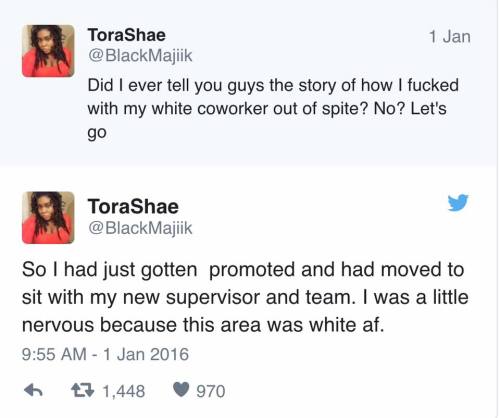
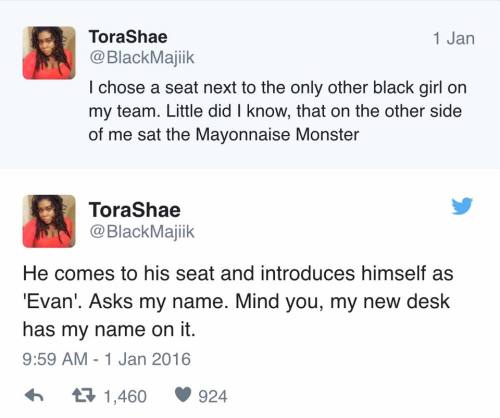
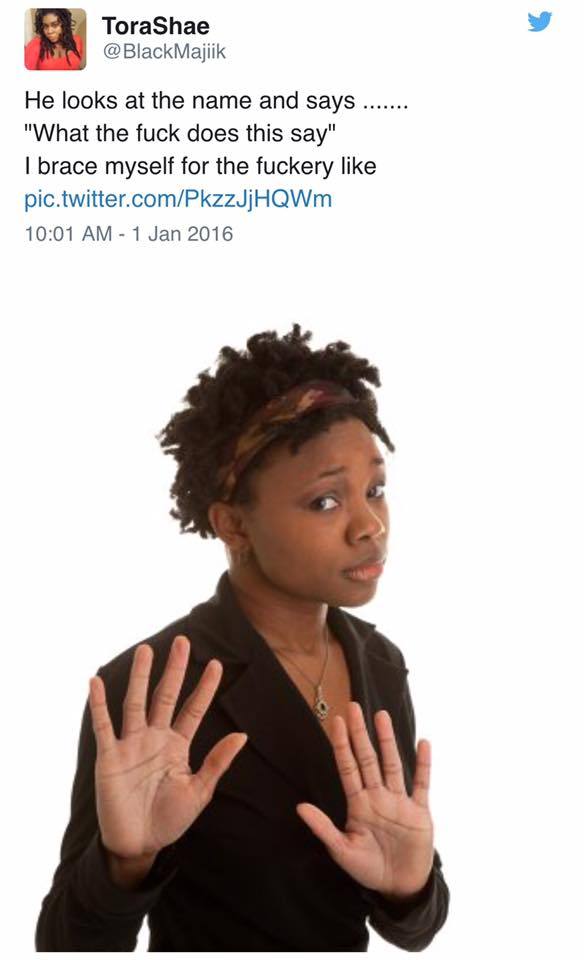

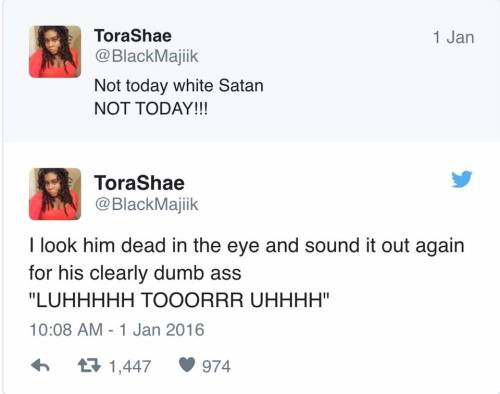

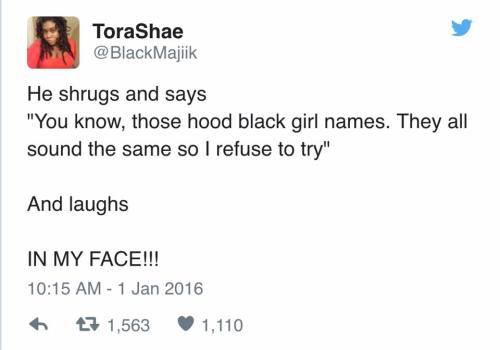
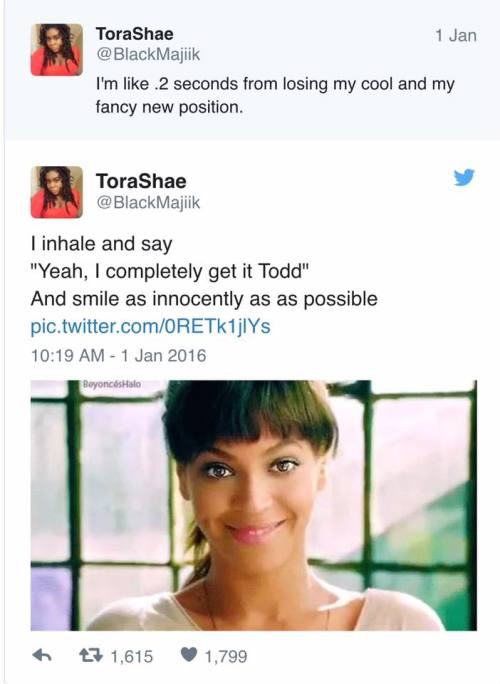
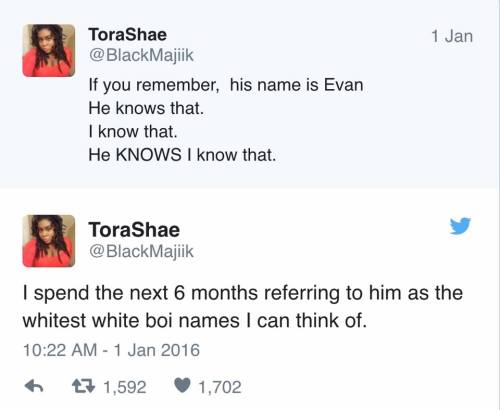



This woman confronts racism in the funniest way possible.
Hoodoo, Rootwork and Conjure sources by Black Authors
Because you should only ever be learning your ancestral ways from kinfolk. Here's a compilation of some books, videos and podcast episodes I recommend reading and listening to, on customs, traditions, folk tales, songs, spirits and history. As always, use your own critical thinking and spiritual discernment when approaching these sources as with any others.

Hoodoo in America by Zora Neale Hurston (1931)
Mules and Men by Zora Neale Hurston (1936)
Tell my horse by Zora Neale Hurston (1938)
Let Nobody Turn Us Around: An African American Anthology by Manning Marable and Leith Mullings, editors (2003)
Black Magic: Religion and the African American Conjuring Tradition by Yvonne P. Chireau (2006)
African American Folk Healing by Stephanie Mitchem (2007)
Hoodoo Medicine: Gullah Herbal Remedies by Faith Mitchell (2011)
Mojo Workin': The Old African American Hoodoo System by Katrina Hazzard-Donald (2012)
Rootwork: Using the Folk Magick of Black America for Love, Money and Success by Tayannah Lee McQuillar (2012)
Talking to the Dead: Religion, Music, and Lived Memory among Gullah/Geechee Women by LeRhonda S. Manigault-Bryant (2014)
Working the Roots: Over 400 Years Of Traditional African American Healing by Michele Elizabeth Lee (2017)
Barracoon: The Story of the Last "Black Cargo" by Zora Neale Hurston (2018)
Jambalaya: The Natural Woman's Book of Personal Charms and Practical Rituals by Luisa Teish (2021)
African American Herbalism: A Practical Guide to Healing Plants and Folk Traditions by Lucretia VanDyke (2022)
These are just some suggestions but there's many many more!! This is by no means a complete list.
I recommend to avoid authors who downplay the importance of black history or straight out deny how blackness is central to hoodoo. The magic, power and ashé is in the culture and bloodline. You can't separate it from the people. I also recommend avoiding or at the very least taking with a huge grain of salt authors with ties to known appropriators and marketeers, and anyone who propagates revisionist history or rather denies historical facts and spreads harmful conspiracy theories. Sadly, that includes some black authors, particularly those who learnt from, and even praise, white appropriators undermining hoodoo and other african and african diasporic traditions. Be careful who you get your information from. Keeping things traditional means honoring real history and truth.
Let me also give you a last but very important reminder: the best teachings you'll ever get are going to come from the mouths of your own blood. Not a book or anything on the internet. They may choose to put certain people and things in your path to help you or point you in the right direction, but each lineage is different and you have to honor your own. Talk to your family members, to the Elders in your community, learn your genealogy, divine before moving forwards, talk to your dead, acknowledge your people and they'll acknowledge you and guide you to where you need to be.
May this be of service and may your ancestors and spirits bless you and yours 🕯️💀
-
 sekigucci-mane liked this · 7 months ago
sekigucci-mane liked this · 7 months ago -
 zewnaessa liked this · 11 months ago
zewnaessa liked this · 11 months ago -
 allynamagno liked this · 1 year ago
allynamagno liked this · 1 year ago -
 leorisingbaby liked this · 1 year ago
leorisingbaby liked this · 1 year ago -
 the-returnofartemis reblogged this · 1 year ago
the-returnofartemis reblogged this · 1 year ago -
 astralspellcaster liked this · 1 year ago
astralspellcaster liked this · 1 year ago -
 iamreneewatkins liked this · 1 year ago
iamreneewatkins liked this · 1 year ago -
 hymn-to-mercury reblogged this · 1 year ago
hymn-to-mercury reblogged this · 1 year ago -
 nunununanana55 liked this · 1 year ago
nunununanana55 liked this · 1 year ago -
 mecca688 liked this · 1 year ago
mecca688 liked this · 1 year ago -
 waitimcomingundone liked this · 1 year ago
waitimcomingundone liked this · 1 year ago -
 littlebabysatanpink liked this · 1 year ago
littlebabysatanpink liked this · 1 year ago -
 lagani liked this · 1 year ago
lagani liked this · 1 year ago -
 prettyygem liked this · 1 year ago
prettyygem liked this · 1 year ago -
 piscean-peace liked this · 1 year ago
piscean-peace liked this · 1 year ago -
 nikkililac liked this · 1 year ago
nikkililac liked this · 1 year ago -
 s1m0n3says liked this · 1 year ago
s1m0n3says liked this · 1 year ago -
 holycyberangelpoem liked this · 1 year ago
holycyberangelpoem liked this · 1 year ago -
 waves-stars-etc liked this · 1 year ago
waves-stars-etc liked this · 1 year ago -
 uniqueanxiouscorn-blog liked this · 1 year ago
uniqueanxiouscorn-blog liked this · 1 year ago -
 lunarrgrrls liked this · 1 year ago
lunarrgrrls liked this · 1 year ago -
 fionaapplefreak reblogged this · 1 year ago
fionaapplefreak reblogged this · 1 year ago -
 bomontii reblogged this · 1 year ago
bomontii reblogged this · 1 year ago -
 lsjsosjso liked this · 1 year ago
lsjsosjso liked this · 1 year ago -
 brookebennink liked this · 1 year ago
brookebennink liked this · 1 year ago -
 astroloulol reblogged this · 2 years ago
astroloulol reblogged this · 2 years ago -
 datsweeb liked this · 2 years ago
datsweeb liked this · 2 years ago -
 simonebradford liked this · 2 years ago
simonebradford liked this · 2 years ago -
 starsgrimoire liked this · 2 years ago
starsgrimoire liked this · 2 years ago -
 loulou10u liked this · 2 years ago
loulou10u liked this · 2 years ago -
 coilycai reblogged this · 2 years ago
coilycai reblogged this · 2 years ago -
 coilycai reblogged this · 2 years ago
coilycai reblogged this · 2 years ago -
 coilycai liked this · 2 years ago
coilycai liked this · 2 years ago -
 chiimiimmmmmm liked this · 2 years ago
chiimiimmmmmm liked this · 2 years ago -
 bomontii reblogged this · 2 years ago
bomontii reblogged this · 2 years ago -
 immortalbeingz liked this · 2 years ago
immortalbeingz liked this · 2 years ago -
 dustysignature liked this · 2 years ago
dustysignature liked this · 2 years ago -
 armies-of-hell liked this · 2 years ago
armies-of-hell liked this · 2 years ago -
 patrix04 liked this · 2 years ago
patrix04 liked this · 2 years ago -
 freelyenvolving liked this · 2 years ago
freelyenvolving liked this · 2 years ago
